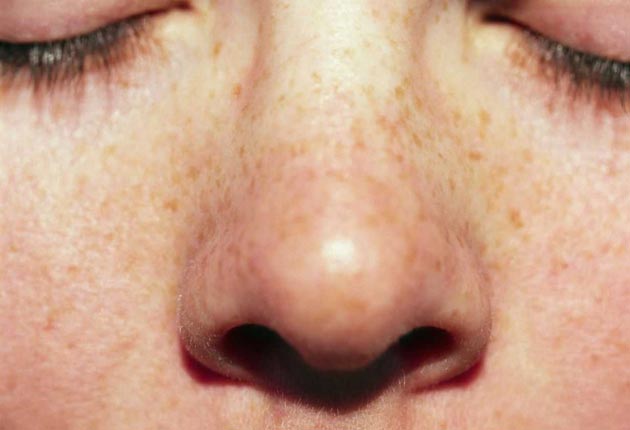Feeling stressed makes the world smell worse
New study suggests that stress can make normally pleasant aromas rather more unpleasant

Your support helps us to tell the story
From reproductive rights to climate change to Big Tech, The Independent is on the ground when the story is developing. Whether it's investigating the financials of Elon Musk's pro-Trump PAC or producing our latest documentary, 'The A Word', which shines a light on the American women fighting for reproductive rights, we know how important it is to parse out the facts from the messaging.
At such a critical moment in US history, we need reporters on the ground. Your donation allows us to keep sending journalists to speak to both sides of the story.
The Independent is trusted by Americans across the entire political spectrum. And unlike many other quality news outlets, we choose not to lock Americans out of our reporting and analysis with paywalls. We believe quality journalism should be available to everyone, paid for by those who can afford it.
Your support makes all the difference.Stress can make the world around us smell unpleasant, a new study has suggested.
Researchers from the University of Wisconsin-Madison used powerful brain imaging technologies to examine how stress and anxiety "re-wire" the brain.
A team of psychologists led by Professor Wen Li discovered that when a person experiences stress, emotion systems and olfactory processing in the brain become linked, making inoffensive smells become unpleasant.
Although the emotion and olfactory systems within the brain are usually found next to each other, there is rarely 'crosstalk' between the two.
Writing in the Journal of Neuroscience, Prof Li said results from their research will now help to uncover the biological mechanisms at work when a person feels stressed.
Using functional MRI scans, the team analysed the brain activity of 12 participants after showing them images designed to induce anxiety as they smelled familiar, neutral odours.
The subjects were then asked to rate the different smells before being shown the disturbing image and afterwards. The majority showed a more negative response to odours that they had previously considered neutral.
This fuels a 'feedback loop' that heightens distress, and can even lead to clinical issues such as depression.
Prof Li explained: "After anxiety induction, neutral smells become clearly negative."
“In typical odor processing, it is usually just the olfactory system that gets activated,” says Li. “But when a person becomes anxious, the emotional system becomes part of the olfactory processing stream.
“We encounter anxiety and as a result we experience the world more negatively. The environment smells bad in the context of anxiety. It can become a vicious cycle, making one more susceptible to a clinical state of anxiety as the effects accumulate. It can potentially lead to a higher level of emotional disturbances with rising ambient sensory stress.”
Prof Li said the findings of the study could help scientists gain a better understanding of the dynamic nature of smell perception and biology of anxiety.
Join our commenting forum
Join thought-provoking conversations, follow other Independent readers and see their replies
Comments